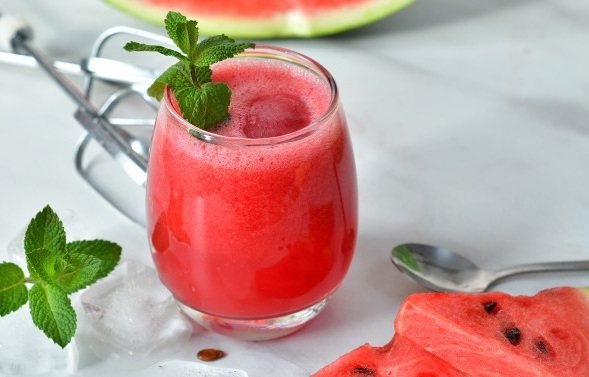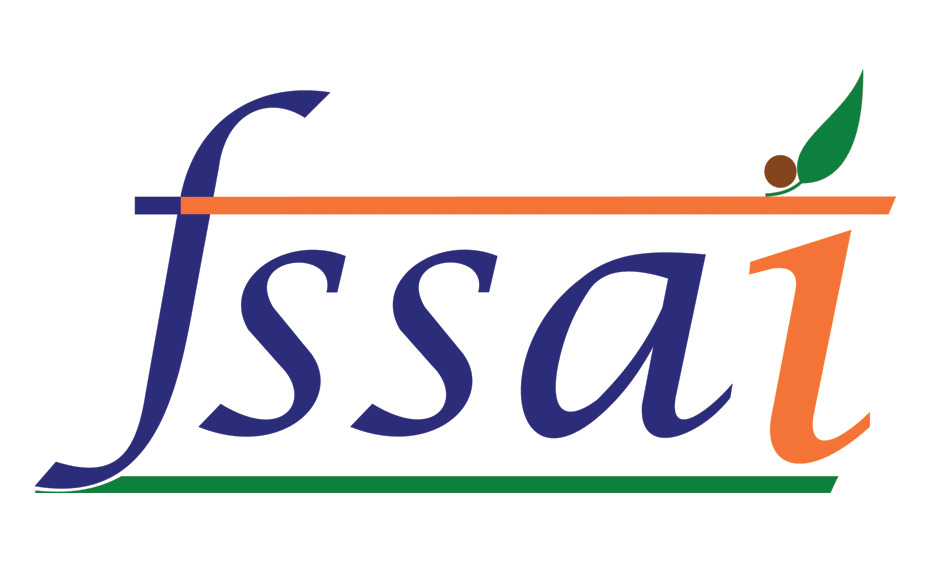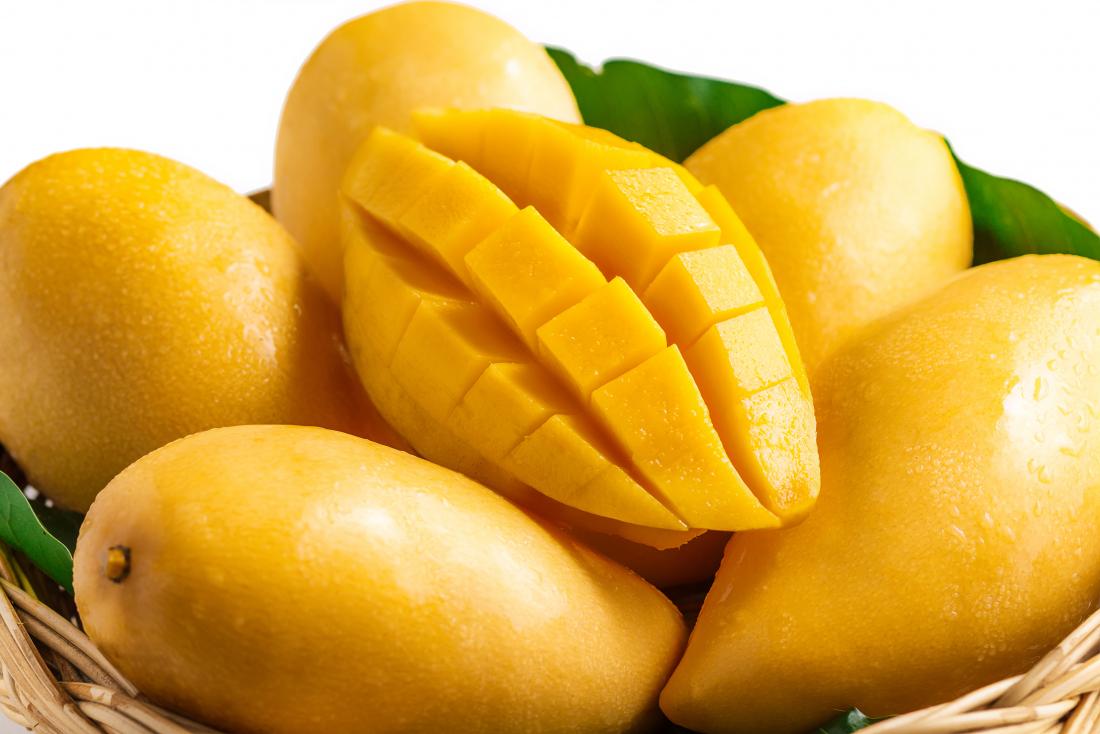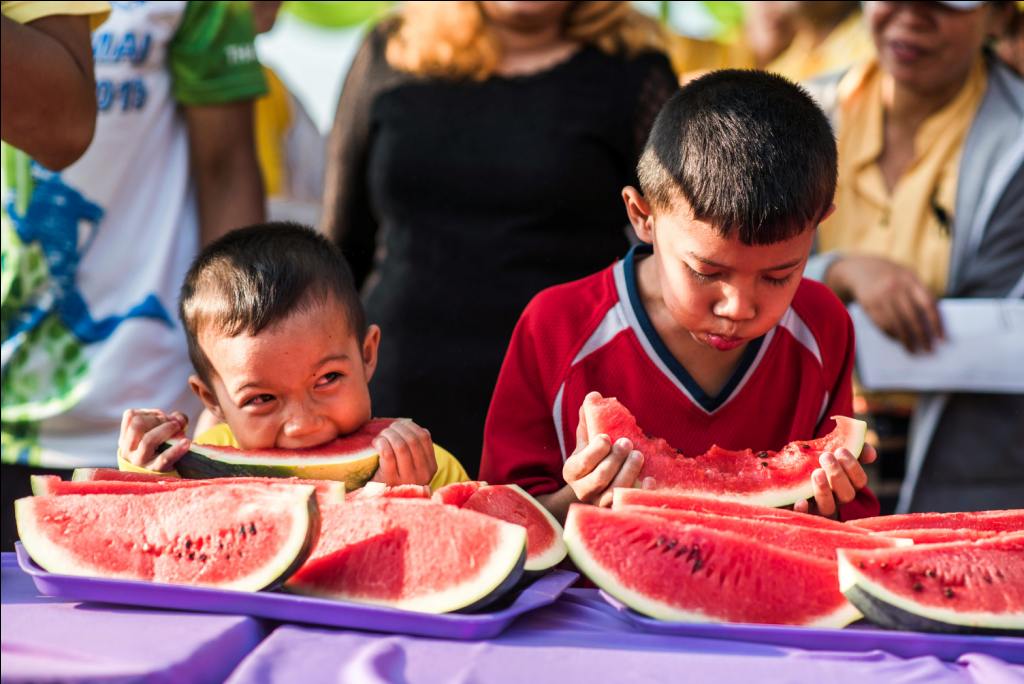Fruits and vegetables comprise a major portion of Indian diet, especially, those which belong to the season. We are often advised not to consume fruits and vegetables which are not in season because they come from the cold storage and are not as fresh. However, if advised to avoid eating seasonal fruits, we will perhaps be surprised and confused. If we are not eating fresh seasonal fruits and veggies from the local market, then what should we eat? This is a pertinent question in the present day because seasonal fruits like mangoes and watermelons have come under the scanner for containing toxic chemicals and ripening agents, while the Food Safety and Standards Authority of India (FSSAI) has directed FMCG companies to remove the term ‘100% fruit juice’ on fruit juice pack labels.

Are we eating toxic watermelons?
Summer means enjoying juicy red watermelons freshly cut at home, some also prefer to juice them in a mixer and sip the refreshing drink. Apart from hydrating the body in scorching summer months, watermelons have numerous other health benefits. Watermelons aid digestion, aids weight loss, helps manage blood sugar levels, prevents cardiovascular disease and also fights inflammation among other benefits. However, watermelons, which are the seasonal fruits for summer have been making headlines lately for a very wrong reason.
Would you have the courage to eat a watermelon slice or sip its juice if you learn that the watermelon contains artificial red colour and harmful sweetener chemicals? This is exactly what is happening with watermelons in India. Lately, watermelons injected with harmful chemicals have flooded the markets across India, which is leading to health issues. Watermelons are being injected with colour and chemicals to make them appear red and taste sweeter. Toxic dyes like Erythrosine-B are among the most harmful colours which are being injected in watermelons.

Chemical dye Erythrosine-B enhances the bright red colour of the pulp, increase shelf life, and improve sweetness. To check if a watermelon has been adulterated with Erythrosine-B, the FSSAI (Food Safety and Standards Authority of India) suggests performing a simple test. To check whether a watermelon has chemicals injected, one should cut the watermelon in half and put a cotton ball or tissue paper on the surface. If the cotton ball or tissue paper turns red, it indicates that the fruit has been contaminated with the toxic dye.

Food companies cannot write ‘100% fruit juice’ on label: FSSAI
Earlier this week, the Food Safety and Standards Authority of India (FSSAI) has directed food companies to remove any claim of ‘100% fruit juice’ from the labels and advertisements of reconstituted fruit juices with an immediate effect. The food regulatory body also directed food companies to mention the term ‘sweetened juice’ in fruit juice labels because they contain added sweeteners and may spike blood sugar levels.
“It has come to the attention of FSSAI that several FBOs have been inaccurately marketing various types of reconstituted fruit juices by claiming them to be 100% fruit juices. Upon thorough examination, FSSAI has concluded that, according to the Food Safety and Standards (Advertising and Claims) Regulations, 2018, there is no provision for making a ‘100%’ claim,” the FSSAI said in a statement on Monday.
The FSSAI has called claims of ‘100% fruit juice’ as “misleading”. This is because the major ingredient of the fruit juice is water and the main ingredient (fruits), for which the claim is being made, is present only in limited concentrations.

Safe to eat mangoes? FSSAI bans Calcium carbide for fruit ripening
Last year, the Food Safety and Standards Authority of India (FSSAI) prohibited the use of Calcium carbide also known as ‘Masala’ as a ripening agent for artificial ripening of the fruits in India. However, despite the above directions it has been brought to the notice of FSSAI that the traders/handlers are still indulging in use of prohibited material i.e. Calcium Carbide or are using the approved sources of ethylene gas in an incorrect manner like dipping the fruits in ripening agent solutions which may render the fruits unsafe for human consumption.
In May this year, FSSAI issued a fresh warning to traders against using calcium carbide for artificially ripening mangoes, citing serious health risks. The FSSAI has warned fruit traders, handlers, and Food Business Operators which operate ripening chambers to strictly adhere to the prohibition on using calcium carbide, especially during the mango season.
Calcium carbide treatment of food is extremely hazardous because it contains traces of arsenic and phosphorous. Once dissolved in water, the carbide produces acetylene gas. Acetylene gas may affect the neurological system. It can cause headache, dizziness, mood disturbances, sleepiness, mental confusion, memory loss, cerebral edema and seizures.
Conclusion
While the above report maybe disturbing, it is better to be careful, especially when it comes to matters of food because it directly impacts our health. Fruits and fruit juices are a must for everyone especially in the ongoing summer season. However, consuming fruits containing toxic chemicals will do more harm than good.
It is advisable to go organic, especially in matters concerning our diet. Organic food has less impact on the climate – reduces food packaging and waste, uses less chemicals, saves water and lowers energy use and emissions. Organic products reduce our exposure to toxic and persistent chemicals and pesticides in fruits, vegetables and cereals, such as calcium carbide which is used to artificially ripen fruits in India.


